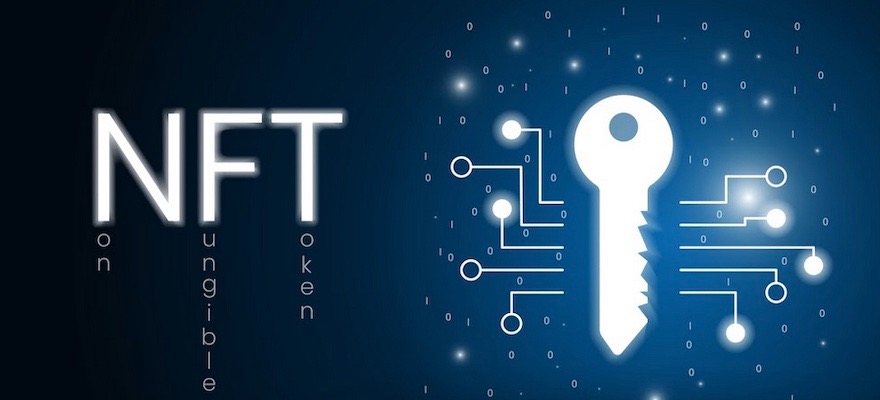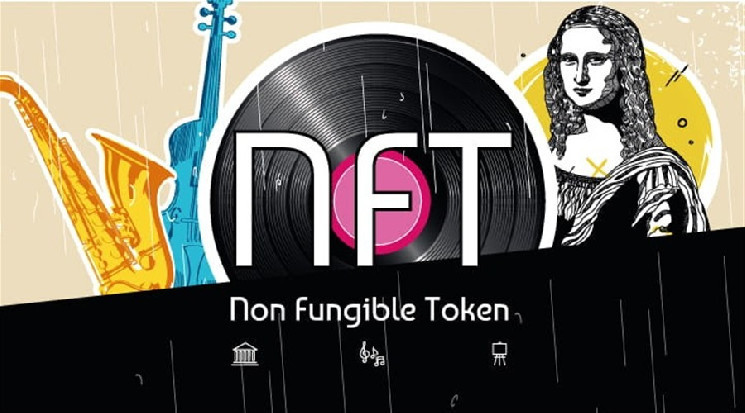NFT
What measures ought to NFT corporations or NFTs put in place to turn into AML compliant? And is it well worth the hassle?
As legislators sharpen their pencils, NFT marketplaces and companies are certain to be met with AML compliance necessities and the necessity to construct AML infrastructure.
Nonetheless, they shouldn’t do it blindly. There questions that each NFT enterprise ought to take into account answering whereas working their method into AML compliance:

Regardless of the crypto universe’s love for decentralization, a centralized market can successfully turn into a authorized entity.
By changing into a authorized entity, NFT marketplaces make it simpler to each earn consumer belief and appeal to traders.
Whereas not working as one, nevertheless, they’ll keep away from compliance which is why when/if selecting an AML regime, these companies ought to severely ponder over the subsequent level.
How Will NFT Gross sales Take care of Completely different Jurisdictions?
When establishing a market or some other associated enterprise, we can’t emphasize sufficient simply how essential the jurisdiction is.
This will single handedly destroy one’s technique has laws and taxes can enormously differ and actually stifle progress.
In reality, jurisdiction will matter in 2 extremely essential points:
NFT Marketplaces and KYC information
Some jurisdictions in Europe, for instance, would require onboarding processes to incorporate video KYC, one thing which ends up in higher attrition within the course of as an entire and might definitely take its toll on any firm’s conversion charges.
Probably the most clearly simple method of addressing any KYC challenge is having a dependable KYC supplier quite than constructing all the pieces from the bottom up. KYC suppliers typically have KYC+AML processes along with cost suppliers, so it is perhaps fruitful to pursue these avenues.
Marketplaces and regulation
Some international locations take care of NFTs in a restrictive method and understanding how one can place an NFT firm as a way to not fall into the pitfalls of funding laws turns into key.
Europe, for instance, has MiFIR and MiFID, whereas the US has the Fact in Securities Act (Securities Act of 1933) in place. That is the explanation why many NFT marketplaces are sometimes positioned as artwork sellers and never brokers (no matter NFTs speculative nature).
What AML Measures Ought to NFT Companies Have?
Aside from defining its risk-based method, there are no less than 2 different crucial parameters NFT companies ought to look into:
· AML staff and AML coaching: an AML compliance officer is to be appointed as AML coaching must be given to workers. As such, these marketplaces will likely be higher ready to establish and take care of cash laundering schemes.
· Documentation: NFT companies ought to produce paperwork akin to AML insurance policies, a radical AML compliance program, an in depth threat evaluation, information safety laws, suspicious exercise reporting processes, and tips on its buyer acceptance course of insurance policies.
Ultimate phrases: AML compliance Might Not Be Necessary, however…
Whereas AML compliance may pressure NFT marketplaces into the realm of centralization, one thing which many argue to be in opposition to the spirit of the cryptoverse, by doing so they are going to be incomes the belief of each traders and customers whereas avoiding potential sanctions.
By not setting the course in the direction of AML compliance there’s an elevated threat in monetary losses for all events concerned.
Centralizing these companies may go in opposition to some ideas of crypto however the added transparency and reliability that AML measures are set to convey will definitely be appreciated.
So, ought to NFT enterprise purpose for centralization? It won’t be the case if they need to, quite than they’ll most likely be compelled to take action sooner or later and as everyone knows: “by failing to arrange, you might be getting ready to fail”.



